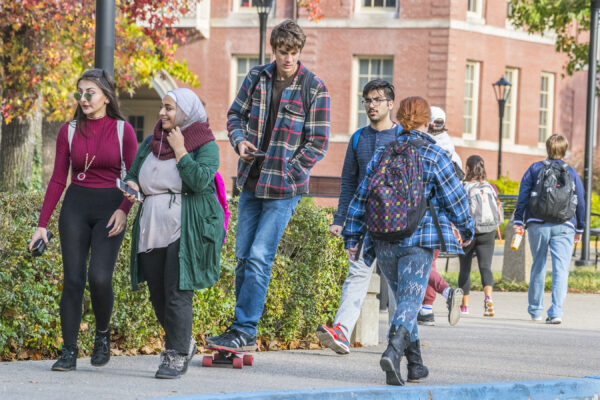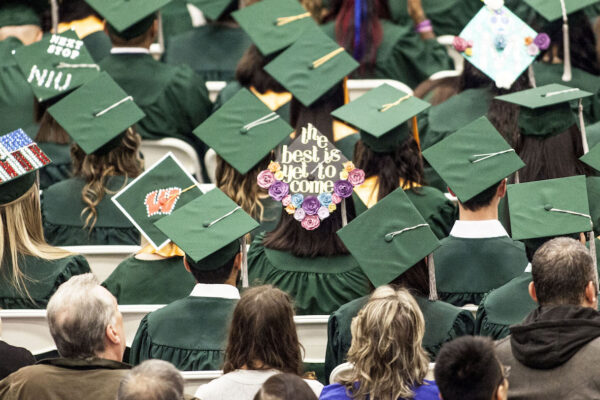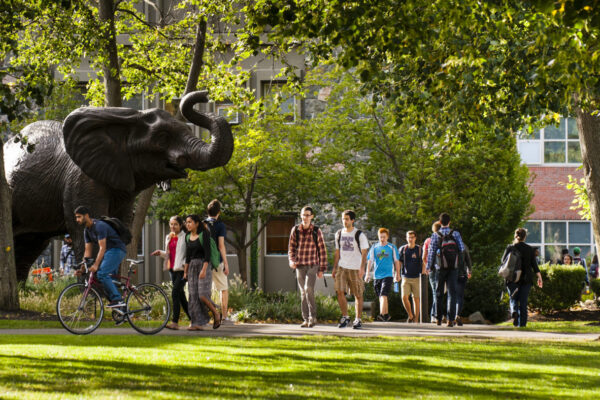A majority of students entering community colleges indicate that they plan to transfer to a four-year institution. Yet, despite their aspirations, transfer rates remain low and bachelor’s degree completion rates even lower.
Researchers have identified multiple barriers to transfer and degree completion for transfer students, including unclear articulation and transfer pathways between two- and four-year institutions; financial need that forces many community college students into part-time status and makes it even less likely that they will complete either AA/AS or BA/BS degrees; the lack of financial aid and supports for transfer students; and a lack of adequate preparation for college-level work. Research also indicates that for those students who do transfer and persist, outcomes are equivalent to native students.
So how can we help community college students transfer and graduate? Increasing transfer completion rates requires ecosystem collaboration between two-year sending and four-year receiving institutions. The Central Florida Educational Ecosystem Database (CFEED) and Houston Guided Pathway to Success (Houston GPS) are two innovative models for achieving this goal. Each strives to create regional college-going cultures. Although they use different approaches, both seek to bring together public school districts, community colleges, and colleges and universities that are working to help students cross the college graduation finish line.
Read more on these initiatives from Suzanne Wilson Summers, dean of Arts, Sciences, and Education at Ivy Tech Community College in Columbus, Indiana:
Regional Data-sharing Agreements: The Central Florida Education Ecosystem Database
Innovating Transfer Through Regional Partnerships: Houston Guided Pathways to Success
If you have any questions or comments about this blog post, please contact us.


